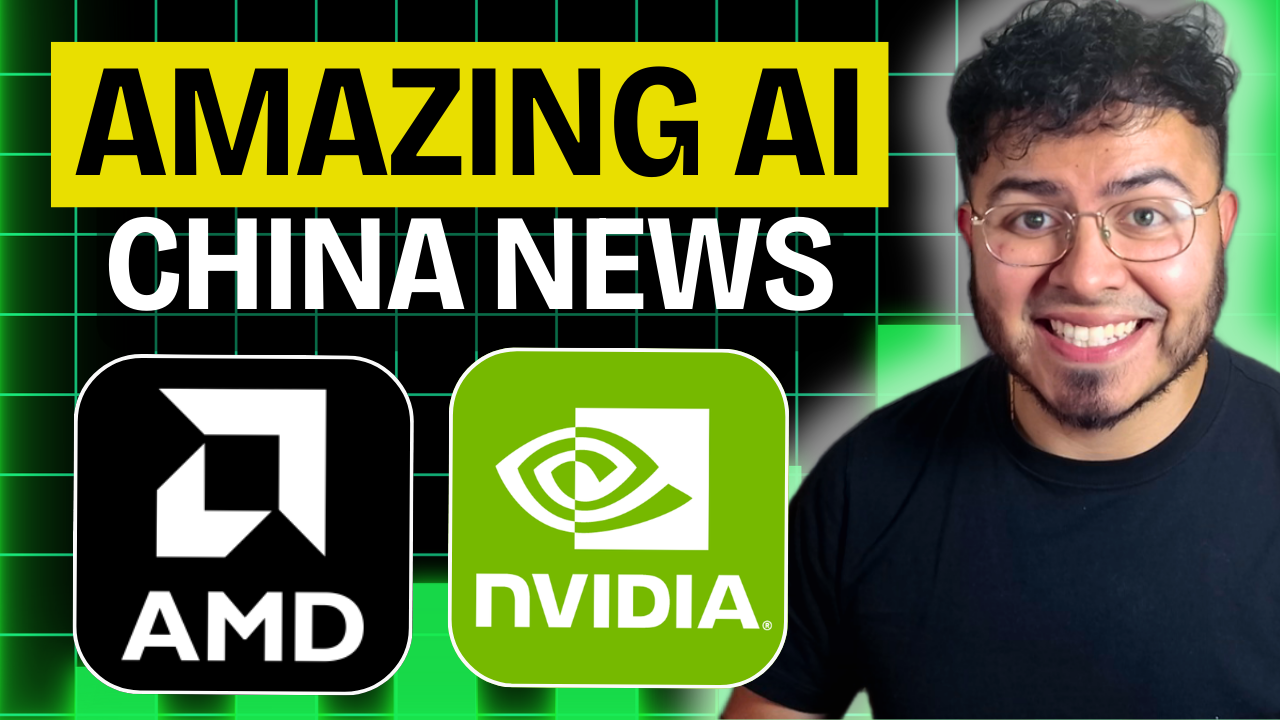Intel (INTC 0.25%) has become a stock to watch in recent months. The company's hyperfocus on artificial intelligence (AI) and chip manufacturing has potentially spelled out a bright future for it.
However, with its negative $12 billion in free cash flow -- along with quarterly revenue and operating income that have plunged 35% and 112%, respectively, since 2021 -- it could take many years for Intel to regain a leading position in tech.
While Intel remains an excellent buy for those with the time, investors with fewer years until retirement might want to consider alternative companies with more cash in the bank to invest in their future.
Data by YCharts.
The chart above shows Nvidia (NVDA +0.63%) and Amazon (AMZN 0.53%) are potentially swimming in cash compared to Intel. Both companies have enjoyed major financial growth over the last five years, indicating that they could be better equipped to expand their reach in tech at a faster rate than Intel. As a result, Nvidia and Amazon are potentially more reliable investments in the near term.
So, forget Intel for now and consider buying these two tech stocks instead.
1. Nvidia
Nvidia's business has exploded over the last decade, with its stock up 27,000%. The company has profited from soaring demand for graphics processing units (GPUs), the chips necessary for intensive computing tasks like training AI models, running video games, video editing, cryptocurrency mining, and more.
Nvidia's success has seen it become one of the world's most-valuable companies and the first chipmaker to achieve a market capitalization above $3 trillion. The company's chips have allowed it to secure lucrative positions in multiple sectors of tech. It has become best known for its dominant role in AI, beating out rivals like Intel and Advanced Micro Devices in market share.
But the company has also spent years supplying its chips to cloud platforms, video game consoles like the Nintendo Switch, self-driving cars, and custom-built computers that many consumers use to run high-powered gaming PCs.

NASDAQ: NVDA
Key Data Points
As a result, Nvidia has growth catalysts across tech that will likely keep its business expanding for years. According to Grand View Research, the AI market hit $196 billion last year and is expanding at a rate that would see that figure reach close to $2 trillion by the end of the decade. And that's just one avenue of growth.
Nvidia also has an automotive segment, which includes income from selling its chips to the self-driving car market. This industry is forecast to have a compound annual growth rate of 13% through 2030, which would see it triple in value from its 2021 figure.
Shares have climbed 206% over the last 12 months yet seem nowhere near their ceiling thanks to significant potential across tech. A 10-for-1 stock split earlier this month has made the stock more accessible. Meanwhile, its price/earnings-to-growth ratio is less than one, indicating Nvidia's stock could be trading at a bargain and is worth considering over Intel right now.
2. Amazon
Like Nvidia, Amazon has expanded to multiple areas of tech and can seemingly do no wrong. The company is the biggest name in e-commerce with its online retail site. Recent quarterly earnings show Amazon also has a budding digital ad business through its streaming service Prime Video and is home to a highly profitable cloud platform, Amazon Web Services (AWS).
The company is on a growth trajectory that is just too good to pass up. In the first quarter of 2024, the company proved that its retail business (which accounts for 80% of revenue) is still going strong, with sales rising 12% year over year between its North American and international segments.

NASDAQ: AMZN
Key Data Points
However, the brightest spot in the quarter was AWS, which posted revenue gains of 17% year over year as operating income nearly doubled to over $9 billion (outperforming its entire retail business). Its cloud platform has quickly become the most profitable part of the business and isn't done yet as it invests heavily in an AI expansion.
Amazon shares have exploded over the past year but likely have much more to offer investors as the company continues to develop and use its massive cash reserves. The stock's price-to-sales ratio is currently hovering around 3, making it a better value than many of its rivals and potentially worth buying over Intel.







